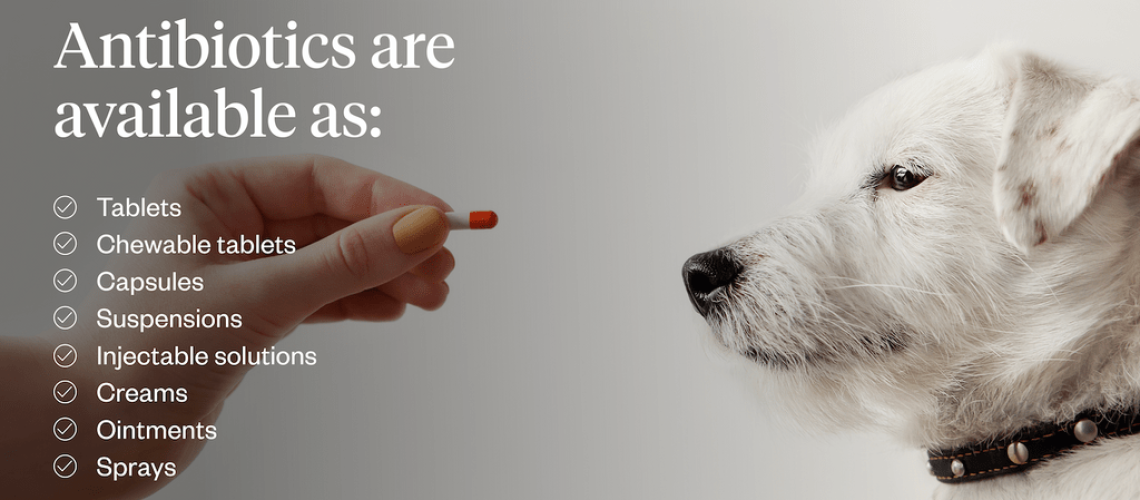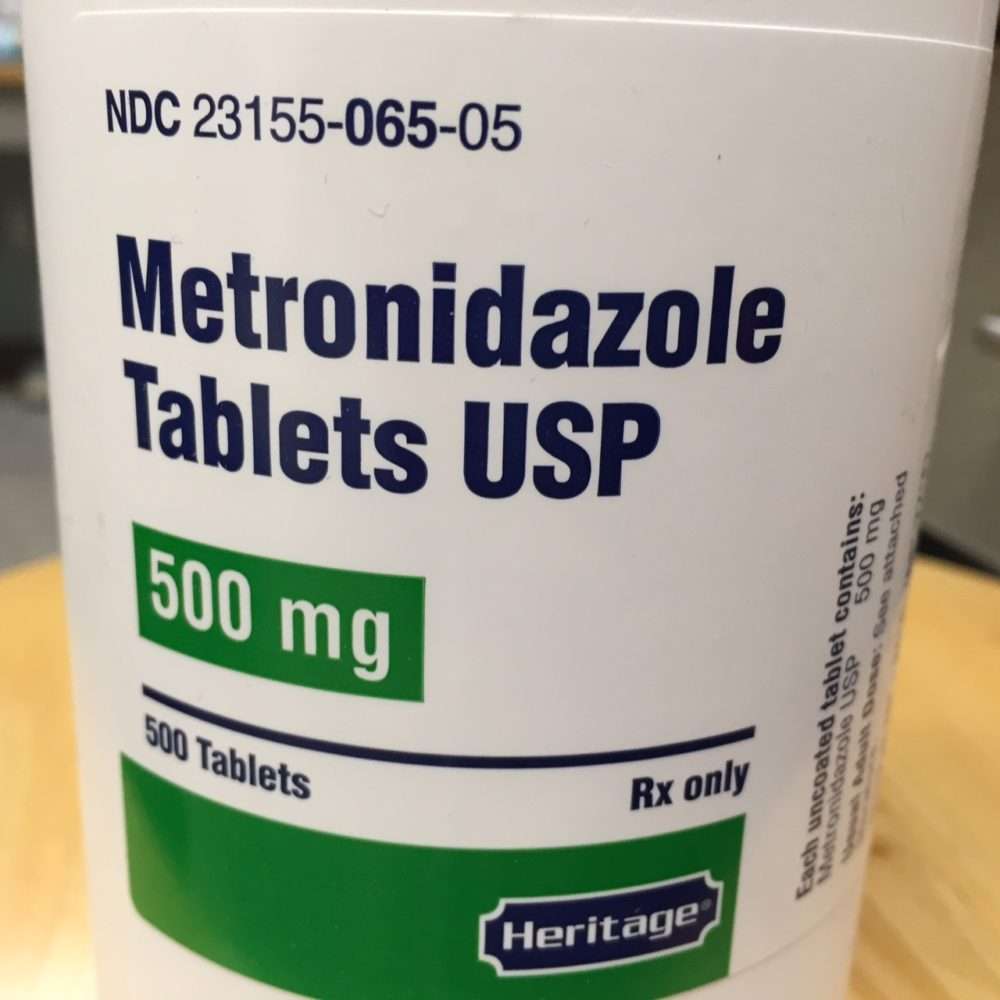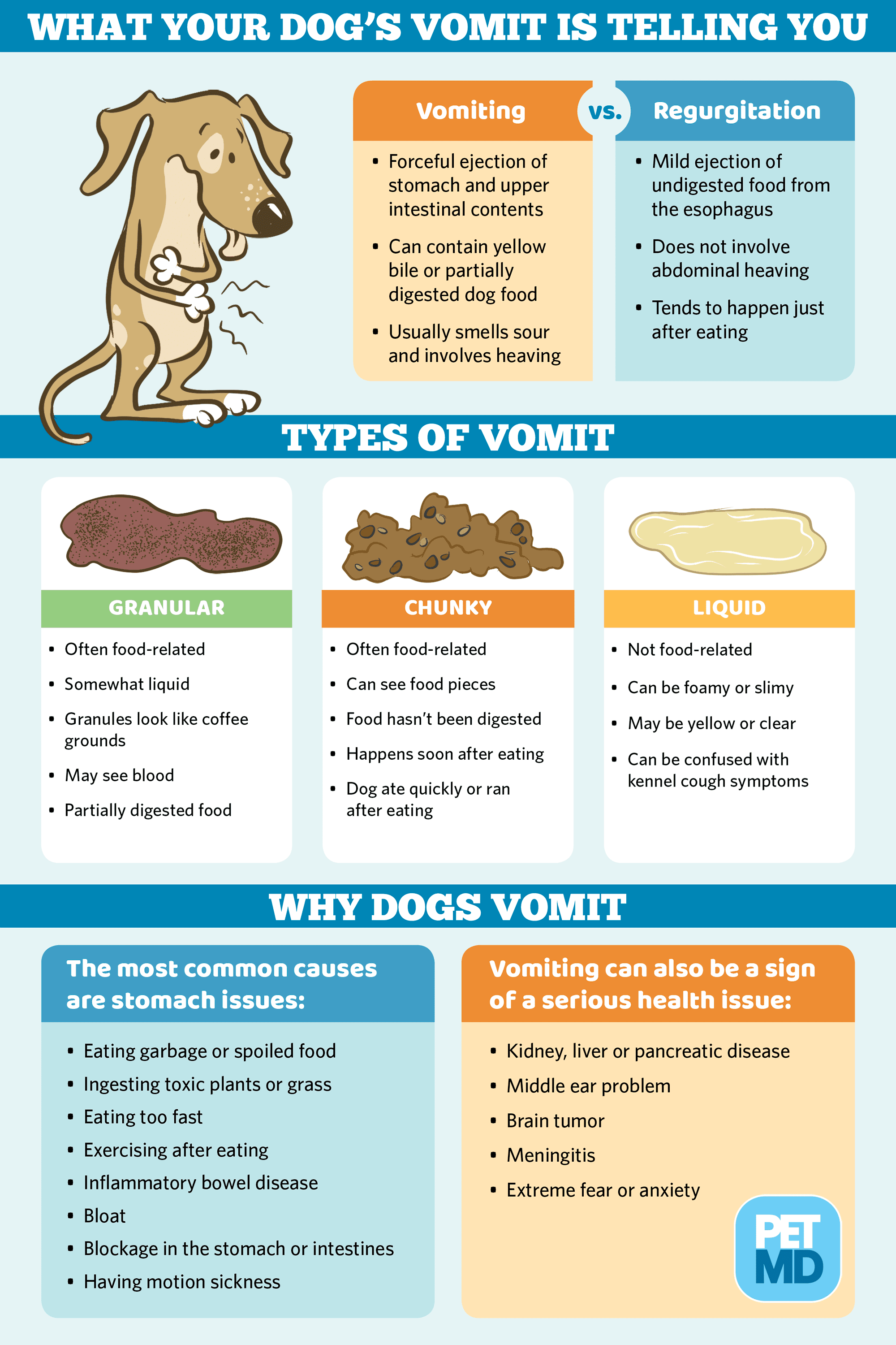Key Takeaways:
- Antibiotics can cause gastrointestinal upset in dogs, including symptoms such as vomiting and diarrhea.
- Some dogs may develop allergic reactions to antibiotics, which can range from mild skin irritations to severe anaphylaxis.
- Long-term use of antibiotics in dogs can disrupt the balance of beneficial bacteria in their gut, leading to issues like antibiotic-associated diarrhea or overgrowth of harmful bacteria.
- Certain antibiotics, such as tetracycline, can cause tooth discoloration and enamel hypoplasia in puppies if given during their dental development stage.
- Overuse or misuse of antibiotics can contribute to the development of antibiotic resistance in dogs, making it harder to treat future infections effectively.
Are you a pet owner who wants to ensure the health and well-being of your furry friend? If so, understanding the potential side effects of antibiotics in dogs is essential. While these medications are often necessary to treat infections, it's crucial to be aware of the possible risks they can pose. By delving into this topic, you'll gain valuable insights that can help you make informed decisions about your dog's healthcare. Did you know that up to 20% of dogs experience adverse reactions to antibiotics? With this knowledge in hand, you'll be better equipped to advocate for your pup's safety and overall health. So, let's explore the world of antibiotic side effects in dogs and empower ourselves as responsible pet owners!
Understanding Side Effects of Antibiotics in Dogs
How Antibiotics Affect a Dog's Digestive System and What to Watch For
When dogs take antibiotics, it can sometimes cause problems with their digestive system. The antibiotics can disrupt the balance of good bacteria in the dog's gut, leading to diarrhea or an upset stomach. This is because antibiotics not only kill harmful bacteria, but they can also kill the beneficial bacteria that help with digestion. If your dog experiences diarrhea or vomiting while taking antibiotics, it's important to let your veterinarian know so they can recommend ways to alleviate these symptoms.
Some signs that your dog may be experiencing digestive issues from antibiotics include frequent bowel movements, loose stools, or a loss of appetite. It's important to monitor your dog closely and provide them with plenty of fresh water to stay hydrated. Your veterinarian may also suggest giving your dog probiotics during or after their antibiotic treatment to help restore the balance of good bacteria in their gut.
Potential Effects of Antibiotics on a Dog's Skin and Coat
In some cases, antibiotics can also affect a dog's skin and coat. Certain types of antibiotics may cause allergic reactions in dogs, leading to itching, redness, or rashes on their skin. These reactions are more common in dogs with pre-existing allergies or sensitivities. If you notice any changes in your dog's skin or coat while they are taking antibiotics, it's important to inform your veterinarian right away.
To help alleviate any skin issues caused by antibiotics, your veterinarian may recommend topical treatments such as medicated shampoos or creams. They may also suggest adjusting the dosage or switching to a different type of antibiotic if necessary.
Can Antibiotics Impact a Dog's Behavior or Mood? Signs to Look Out For
While antibiotics primarily target bacteria in the body, they can sometimes have an impact on a dog's behavior or mood. Some dogs may experience changes in their energy levels, sleep patterns, or overall temperament while taking antibiotics. These changes are usually temporary and should resolve once the antibiotic treatment is completed.
If you notice any significant changes in your dog's behavior or mood that persist beyond the duration of their antibiotic treatment, it's important to consult with your veterinarian. They can help determine if the antibiotics are causing these changes or if there may be another underlying issue.
Specific Side Effects of Antibiotics on a Female Dog's Reproductive System
In female dogs, certain types of antibiotics can potentially interfere with their reproductive system. This is more common when high doses of antibiotics are administered for an extended period of time. Antibiotics can disrupt the normal hormone balance in female dogs, leading to irregular heat cycles or even temporary infertility.
If your female dog is prescribed antibiotics, it's important to discuss any potential risks with your veterinarian. They can provide guidance on how to monitor your dog's reproductive health and may recommend additional tests or treatments if necessary.
Duration and Ways to Alleviate Side Effects of Antibiotics in Dogs
The duration of side effects from antibiotics can vary depending on the individual dog and the specific antibiotic being used. In most cases, side effects should subside within a few days after completing the antibiotic treatment. However, it's important to continue monitoring your dog for any lingering symptoms and inform your veterinarian if any issues persist.
To help alleviate side effects from antibiotics, you can try the following:
- Ensure your dog has access to plenty of fresh water to stay hydrated.
- Feed them a bland diet consisting of easily digestible foods such as boiled chicken and rice.
- Consider giving your dog probiotics to help restore the balance of good bacteria in their gut.
- Follow your veterinarian's instructions for administering the antibiotics and complete the full course of treatment.
Remember, it's always important to consult with your veterinarian if you have any concerns or questions about the side effects of antibiotics in dogs. They can provide personalized guidance and ensure the health and well-being of your furry friend.
How Antibiotics Affect a Dog's Digestive System and What to Watch For
Antibiotics can have a significant impact on a dog's digestive system. When dogs are prescribed antibiotics, it is important to closely monitor their digestive health for any potential side effects. One common side effect is diarrhea, which can occur due to the disruption of the natural balance of bacteria in the gut. If your dog experiences diarrhea while on antibiotics, it is essential to contact your veterinarian for guidance.
In addition to diarrhea, some dogs may also experience vomiting or loss of appetite as a result of antibiotic use. These symptoms should not be ignored and should be reported to your vet. It is crucial to ensure that your dog stays hydrated during this time, so providing access to fresh water at all times is essential.
To support your dog's digestive system while on antibiotics, you can consider adding probiotics to their diet. Probiotics help restore the balance of good bacteria in the gut and promote healthy digestion. Consult with your veterinarian about appropriate probiotic supplements for your dog.
Signs to Watch For:
- Diarrhea
- Vomiting
- Loss of appetite
What You Can Do:
- Contact your veterinarian if any digestive issues arise.
- Ensure your dog has access to fresh water at all times.
- Consider adding probiotics to support healthy digestion.
Potential Effects of Antibiotics on a Dog's Skin and Coat
Antibiotics can also impact a dog's skin and coat. While they are primarily used to treat bacterial infections, they can sometimes cause adverse reactions that affect the skin and coat condition. Some dogs may develop rashes or hives as an allergic reaction to antibiotics. If you notice any unusual changes in your dog's skin, such as redness or itching, it is important to consult your veterinarian.
Another potential effect of antibiotics on a dog's skin and coat is the disruption of the natural balance of oils. This can lead to dryness, flakiness, or excessive oiliness. Regular grooming and moisturizing can help alleviate these symptoms. However, it is crucial to consult with your vet before using any topical products on your dog's skin.
Signs to Watch For:
- Rashes or hives
- Redness or itching
- Dryness or flakiness
What You Can Do:
- Consult your veterinarian if you notice any unusual changes in your dog's skin.
- Regularly groom and moisturize your dog's coat.
- Seek guidance from your vet before using any topical products.
Can Antibiotics Impact a Dog's Behavior or Mood? Signs to Look Out For
Antibiotics can potentially impact a dog's behavior and mood. While it is not a common side effect, some dogs may experience changes in their behavior while taking antibiotics. These changes can range from increased lethargy to hyperactivity or even aggression. If you notice any significant shifts in your dog's behavior, it is important to inform your veterinarian.
It is essential to remember that behavioral changes can also be caused by the underlying condition being treated with antibiotics. Therefore, it is vital to communicate any concerns about your dog's behavior with your vet so they can assess whether it is related to the medication or the underlying illness.
Signs to Watch For:
- Increased lethargy
- Hyperactivity
- Aggression
What You Can Do:
- Inform your veterinarian about any significant changes in your dog's behavior.
- Communicate concerns about behavior during check-ups.
- Understand that behavioral changes may be due to the underlying condition being treated.
Specific Side Effects of Antibiotics on a Female Dog's Reproductive System
Antibiotics can have specific side effects on a female dog's reproductive system. One potential effect is the disruption of the natural balance of bacteria in the vagina, which can lead to vaginal yeast infections. If you notice any unusual discharge or odor from your female dog's genital area while she is on antibiotics, it is important to consult your veterinarian.
Additionally, some antibiotics may interfere with hormonal balance in female dogs. This can potentially affect their heat cycles and fertility. If you are planning to breed your female dog or if she experiences irregularities in her heat cycles while on antibiotics, it is crucial to discuss this with your vet.
Signs to Watch For:
- Unusual discharge or odor from the genital area
- Irregularities in heat cycles
What You Can Do:
- Consult your veterinarian if you notice any unusual discharge or odor.
- Discuss breeding plans and potential impacts on heat cycles with your vet.
- Follow your vet's guidance regarding reproductive health during antibiotic treatment.
Duration and Ways to Alleviate Side Effects of Antibiotics in Dogs
The duration of side effects caused by antibiotics in dogs can vary depending on several factors, including the type of antibiotic used and the individual dog's response. In most cases, side effects should subside once the course of antibiotics is completed. However, it is important to closely monitor your dog throughout the treatment period and report any concerns to your veterinarian.
To alleviate side effects, it is essential to follow your vet's instructions carefully. Ensure that you administer the prescribed dosage at the correct times and for the recommended duration. Avoid skipping doses or stopping treatment prematurely, as this can lead to incomplete eradication of bacteria and potential resistance development.
If side effects persist or worsen despite following proper administration guidelines, contact your veterinarian for further guidance. They may recommend additional supportive measures or adjust the treatment plan if necessary.
Duration of Side Effects:
- Varies depending on the antibiotic and individual dog's response
What You Can Do:
- Follow your veterinarian's instructions for dosage and duration of treatment.
- Monitor your dog closely throughout the treatment period.
- Contact your vet if side effects persist or worsen.
In conclusion, antibiotics can have side effects on dogs, such as upset stomach, diarrhea, and allergic reactions. It is important for dog owners to closely monitor their pets when they are on antibiotics and consult with a veterinarian if any concerning symptoms occur.
Can antibiotics make dogs feel unwell?
Certain antibiotics can lead to symptoms such as nausea, vomiting, diarrhea, and a decreased appetite. These effects are usually observed within a couple of days after starting the medication. Administering antibiotics alongside a meal can help reduce these complications in certain dogs.
How long do antibiotic side effects last in dogs?
The duration of diarrhea in dogs after taking antibiotics varies for each individual dog. Studies have shown that antibiotics can lead to long-term damage to the gut, with some research indicating that these effects can last for up to two years.
How do I know if my dog is having a reaction to antibiotics?
Common symptoms of an allergic reaction to antibiotics in dogs include excessive drooling, skin irritations, and respiratory difficulties.
What is the major side effect of antibiotics?
Typical adverse reactions of antibiotics might involve a skin rash, feeling lightheaded, experiencing nausea, having diarrhea, or developing yeast infections. In more severe cases, individuals may contract a Clostridioides difficile infection, also known as C. difficile or C. diff.
How long does it take for a dog to feel better after antibiotics?
The correct antibiotic for a urinary tract infection should provide relief to your dog within 2-3 days, but it is important to continue giving it to your pet for the entire duration as instructed by your veterinarian.
Are antibiotics hard on dogs?
Similar to humans, dogs also receive multiple rounds of antibiotics throughout their lives. However, the short-term advantages of antibiotics can have negative effects on their immune system. This makes dogs more susceptible to other illnesses and can lead to chronic skin and gastrointestinal problems.

















